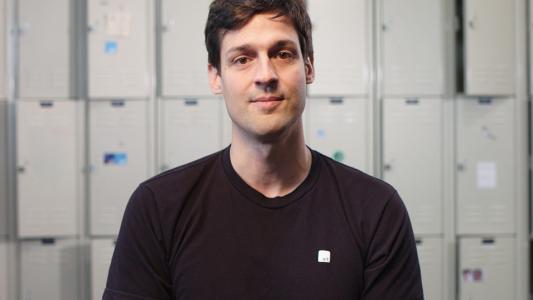In episode four of Challengers, we brought you the story of AltSchool, a startup founded by ex-Googler, Max Ventilla. We followed up with Max to discuss his vision for a new way to educate kids and how he plans to make it all happen.
On why we need to rethink how we educate
The model that we currently have for educating kids at scale is born of the 19th century. It’s a factory model. But we’re entering a world where there’s not a lot of value in just kind of sitting there and doing what you’re told. Increasingly a computer could do that kind of stuff. Repetitive work, whether physical or mental, is going away and there’s the opportunity to do more.
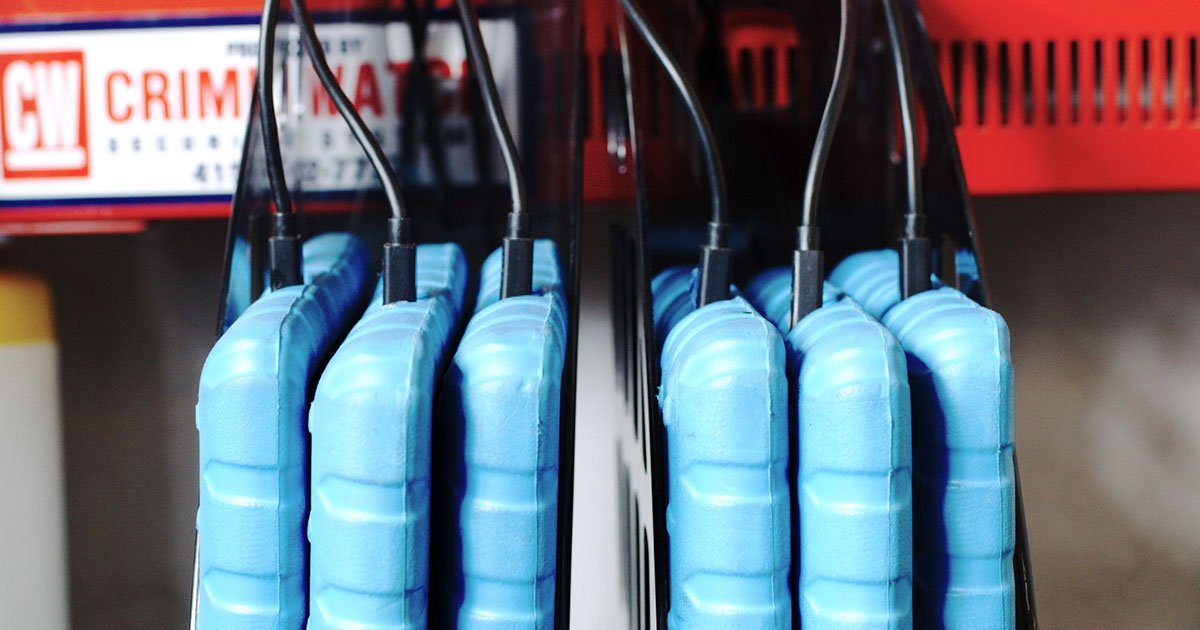
AltSchool is about bringing what’s possible in 2016 and beyond into the classroom, so that it’s not a never-ending toil for teachers to achieve a good result. And the result we want to achieve is actually preparing kids for the 2030s, and the 2040s, and the 50s, instead of for the 1950s and the 1960s. The technology wave that’s coming is going to wash over the next generation to an even greater degree than it has washed over ours. And you’re either in front of that wave, and benefiting from it, or you’re swept up by it, and constantly toiling to feed your family and maintain your relationships.
On the difference between building a new school and building a new education model
AltSchool is a platform that enables us to run a growing network of physical AltSchools, but that also enables other people to run existing schools with a focus on personalized education.
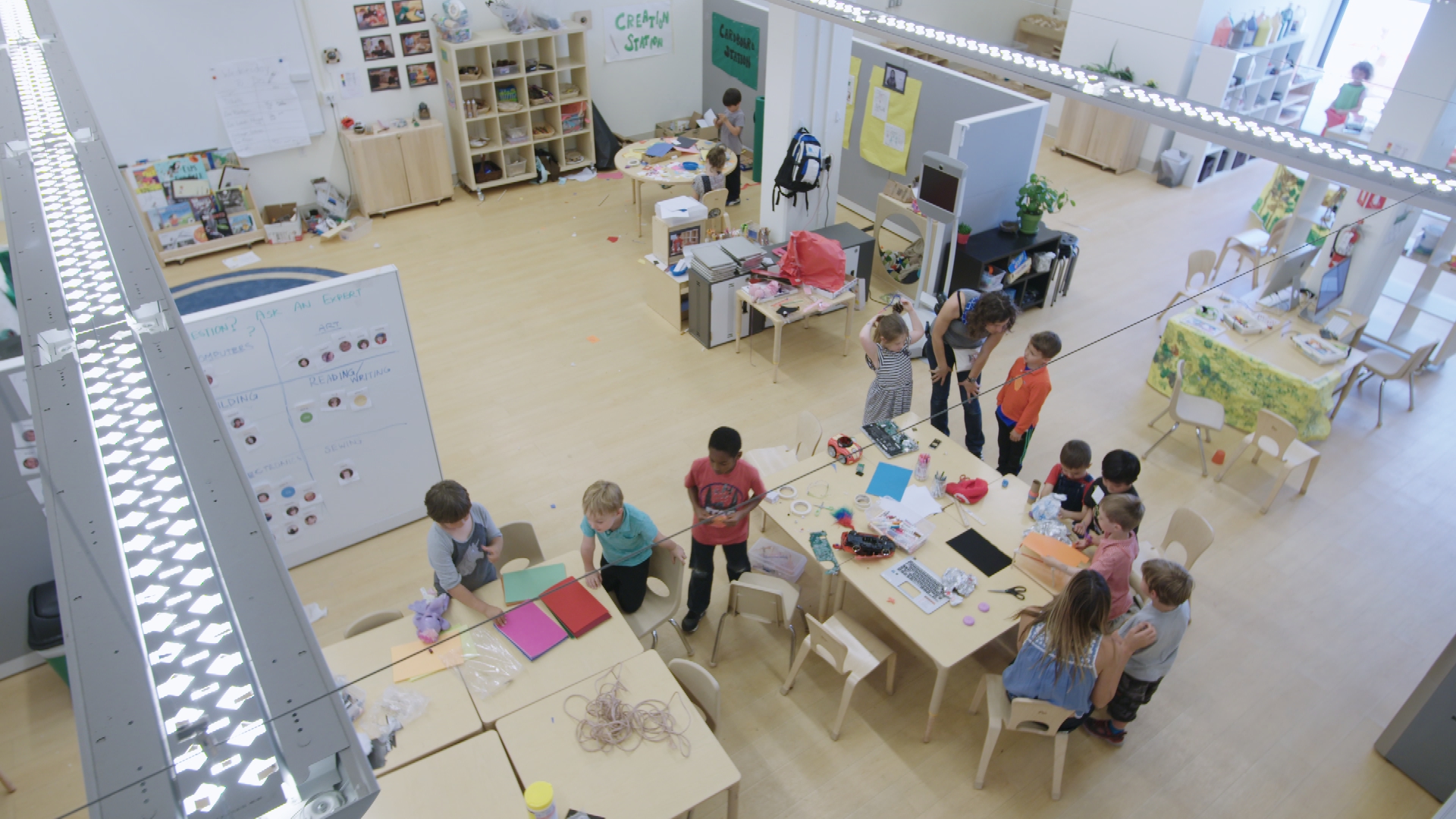
In terms of the schools we run ourselves, it’s important at a fundamental level that the experience is amazing for those kids. But we’re thinking in terms of the network. How do we create an approach where the quality isn’t coming from exclusively what is within those four walls, but from everything that everybody else has figured out at schools everywhere else?
On scaling the product and improving it at the same time
On our small scale, this is for a few hundred kids and tens of educators. We want to know, how can this help hundreds of millions of kids, and how can we make sure that we’re going to benefit from that growth?
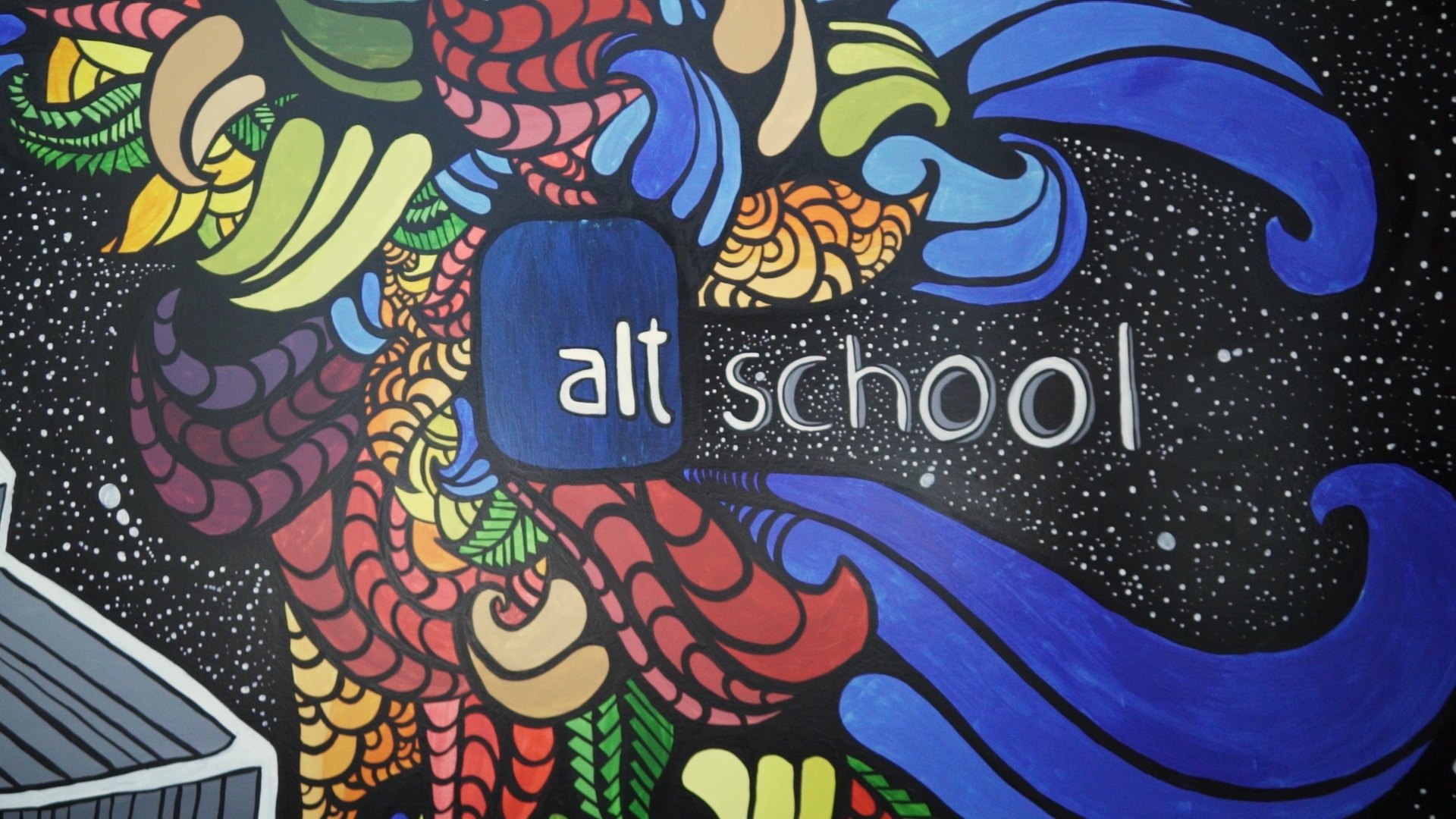
That’s what makes this so different from even the best education experiences, like Montessori. If you doubled the number of kids in Montessori schools tomorrow, the experience wouldn’t get that much better for any individual child. That’s very different from modern industries, like consumer electronics, or information technology, or media, or healthcare. In those industries, if you suddenly double the number of people being served by some system, it gets much better for everybody involved.
On letting kids have more say in their own education
It’s not, “I’m gonna give this kid an iPad, and the math practice they have is going to be personalized to them.” We want to set up the whole experience to reflect when they’re in school, who they’re in school with, what type of program they’re in, what goals do they have, what activities are they engaged in, and how they are being assessed.
We want to meet each child where they’re at. That’s because you get more out of every day if it’s personalized to you, but also because that’s how we teach these kids to deal with responsibility: by giving them agency.
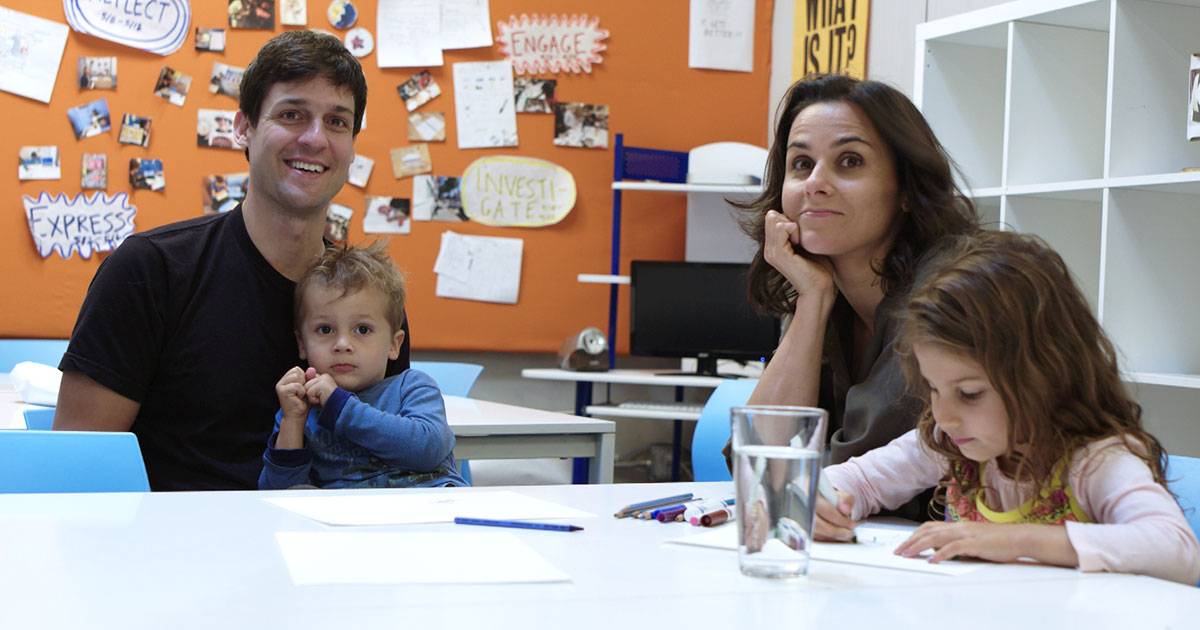
By the time you get to middle school, you should really be driving the experience. You should be able to say, “These are the things that are important to me, I need to translate my interests and priorities into a demonstration that I know all the things that I’m supposed to know.” That’s very similar to the working world, where even if you have a tremendous amount of autonomy, you need to reconcile what you like to do with the goals of your company.
And it’s a very different role than when a teacher is simply telling all the kids in the classroom, “Open this page, prepare for this test. You’re going to need to answer these ten questions, and if you answer them all right you get 100 percent, if you answer them wrong, you fail.” That’s just not the way the world works.
On literally buying into your own startup
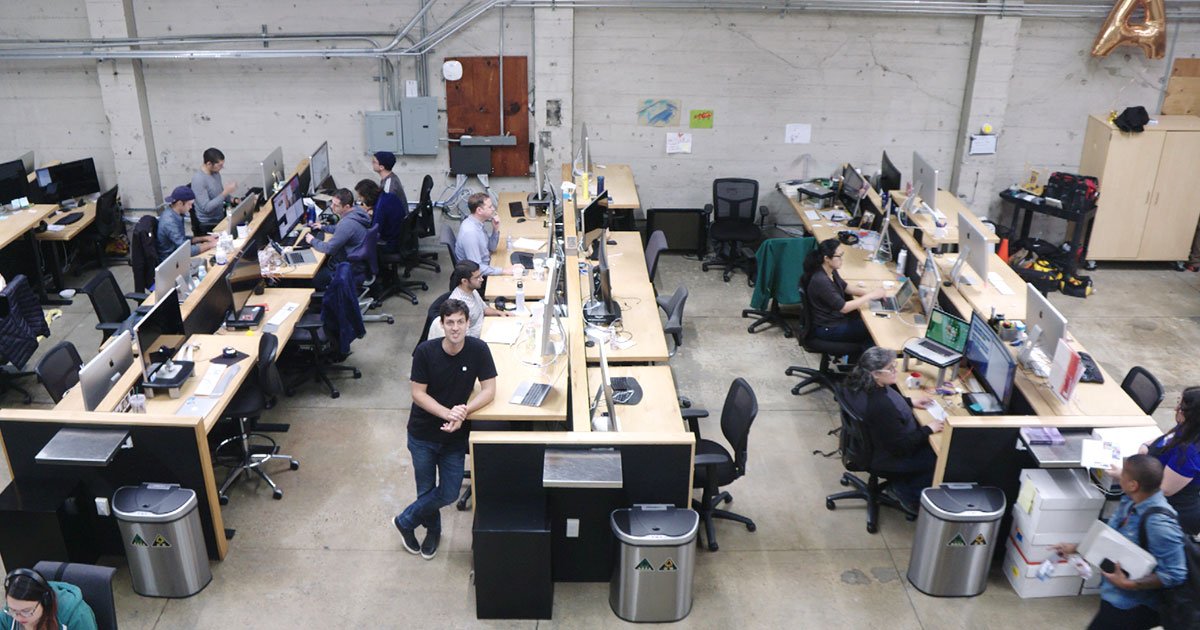
Even if you know it takes a lot of work to make a significant change in the world, it’s hard to do the steady toil for years and years. But that’s what we signed up for. I have a 10-year vest, as does our COO and CTO. Everyone who is director or above in the company has a six-year vest, because we know this is a long-term endeavor. All of our investors are oriented towards that kind of decade-plus timeline, because it’s a big opportunity for a big transformation. Maybe I want take a vacation from it, but it’s always the thing that I want to come back to.
Related video:





